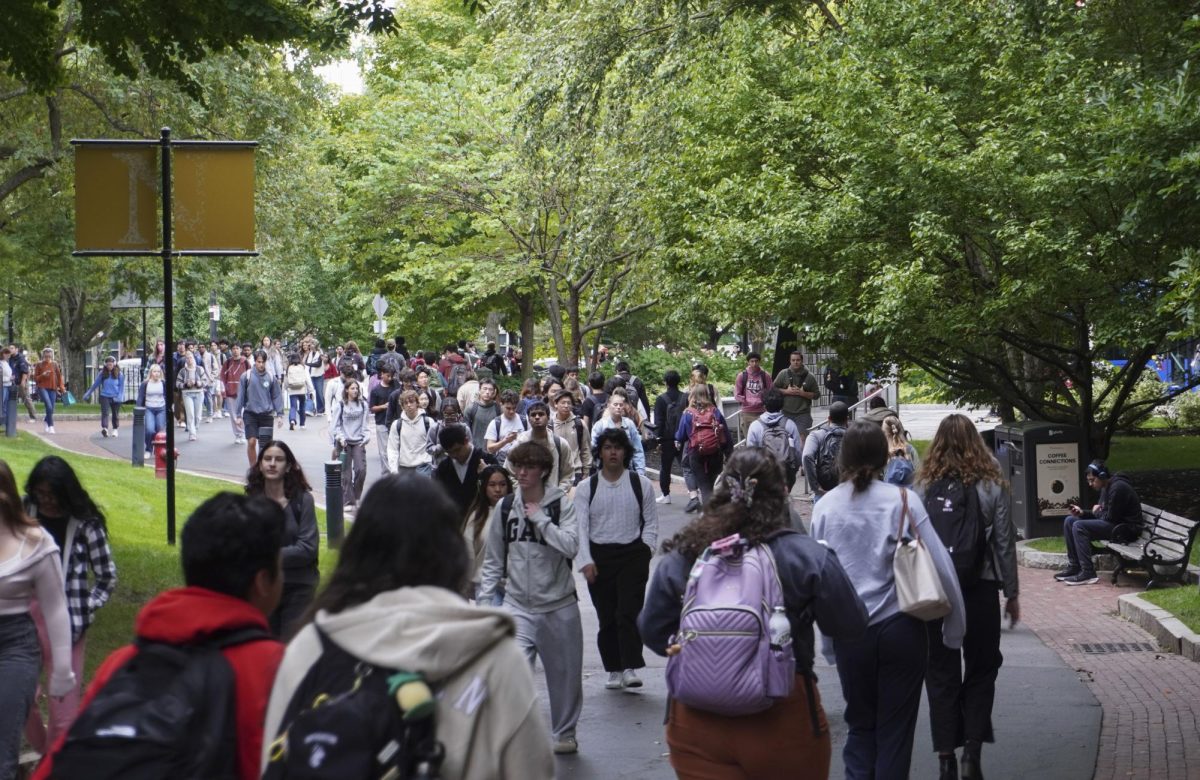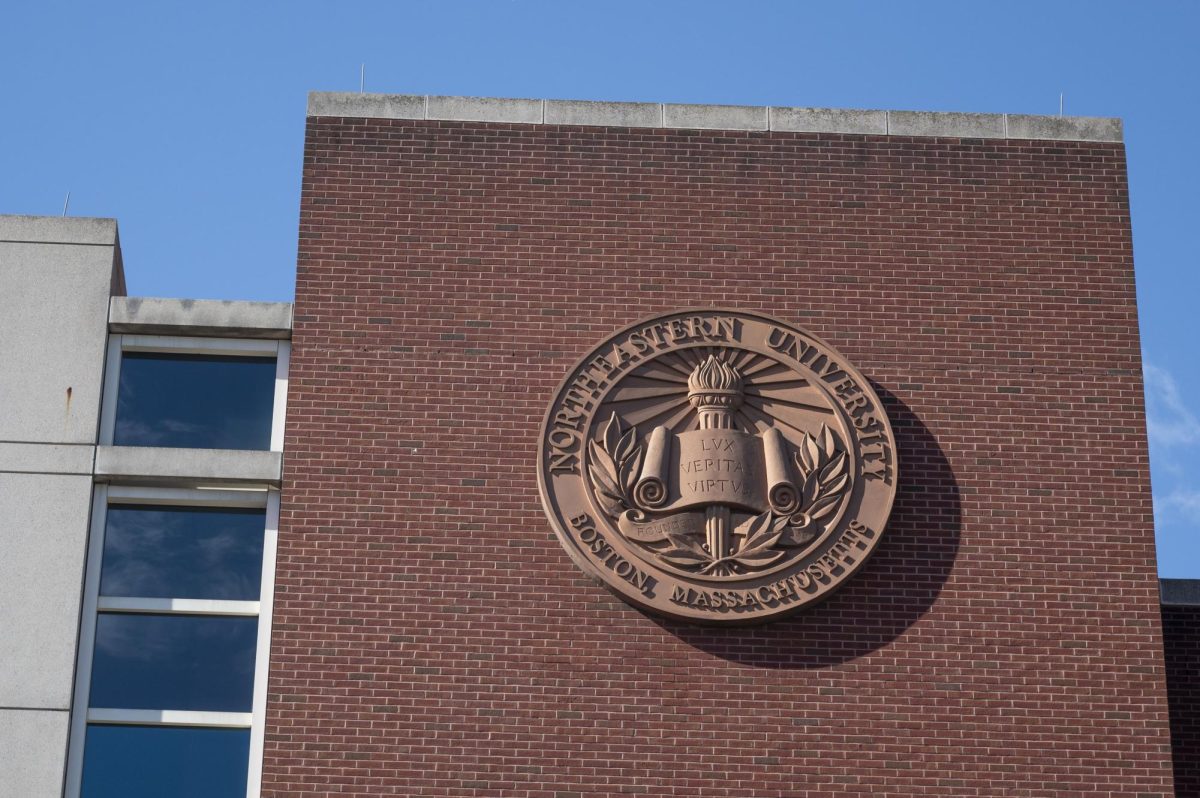By Lucia Allen
As music industry students enter their middler or junior year following co-op, some return with concerns about the detail and difficulty of their coursework. Junior Marsha White, a music industry major, went on her first co-op during her middler year and worked at Walt Disney Entertainment and is currently on her second co-op as Northeastern’s Students Activities Coordinator.
When she returned to classes after her first co-op, she took upper level courses like marketing and promotions, where she learned how to find a venue for and publicize events. The professors would use real-life examples to show different methods, but White said she felt these courses weren’t challenging.
“The classes did give a general scope of how the entertainment business works, but I don’t think I know about what’s happening in the real world,” she said. Senior music industry major Michelle Glacer went on her first co-op during her middler year and worked at MTV Networks. She went on her second co-op during her junior year and worked at Warner Brother Records. “I had a lot of work returning. Everyone is different in what music course work they do, though. Mine was more textbook work (readings, rather than creating music),” Glacer said.
When Glacer took courses like music theory, she said it was harder for her, but she did what she had to, to do well.
“I learned so much about Mozart, Beethoven and others, but it would have been nice to learn more about the industry. … I wanted more business related courses,” Glacer said.
Glacer also said that although the music program at Northeastern could be improved on, it is very musician focused. She said she received a well-rounded sense of all kinds of music, but still feels she could have been more prepared for the business side of working in the music industry profession. She said she would also enjoy more details about careers, like music supervising, how companies are run and what goes into it.
“They do tell us about it, but it is not in detail in courses like Music Industry 1 and 2. I wish I had time to choose more electives,” Glacer said.
Music industry coordinator Leon Janikian expressed disappointment that students have not come to him to seek a solution. Janikian said he had only become aware of these concerns from a student who came to him with similar concerns a week before an interview with The News was conducted. “We try to find qualified industry professionals to teach specialized classes,” Janikian said.
Janikian also said the problem is when people come from the outside and do not know what should be taught; there may be repetition, but many students find it beneficial.
“Professors wouldn’t be doing this job if they didn’t address underlying issues in the business. We are trying to offer a diverse number of classes that focus on music industry,” Janikian said.
In the classroom, Janikian said students should take more initiative, but some students may not know enough. Music industry professors are focused on the industry and it changes every day, Janikian said. Janikian hoped the professors were bringing new knowledge with them to the classroom, he said. Janikian said students need to bring what they have learned while on co-op to the classroom as well.
As students move on, to level 601 courses like Seminar in Music Industry, Janikian said there is the hope that they bring input and can add their own context.
“If professors did go more in depth, I wouldn’t view it as baying, but I would hope it would be more high level, high level as in students again, bring ideas with them to add to the professor’s teaching,” Janikian said. “I always give students room for discussion.”









